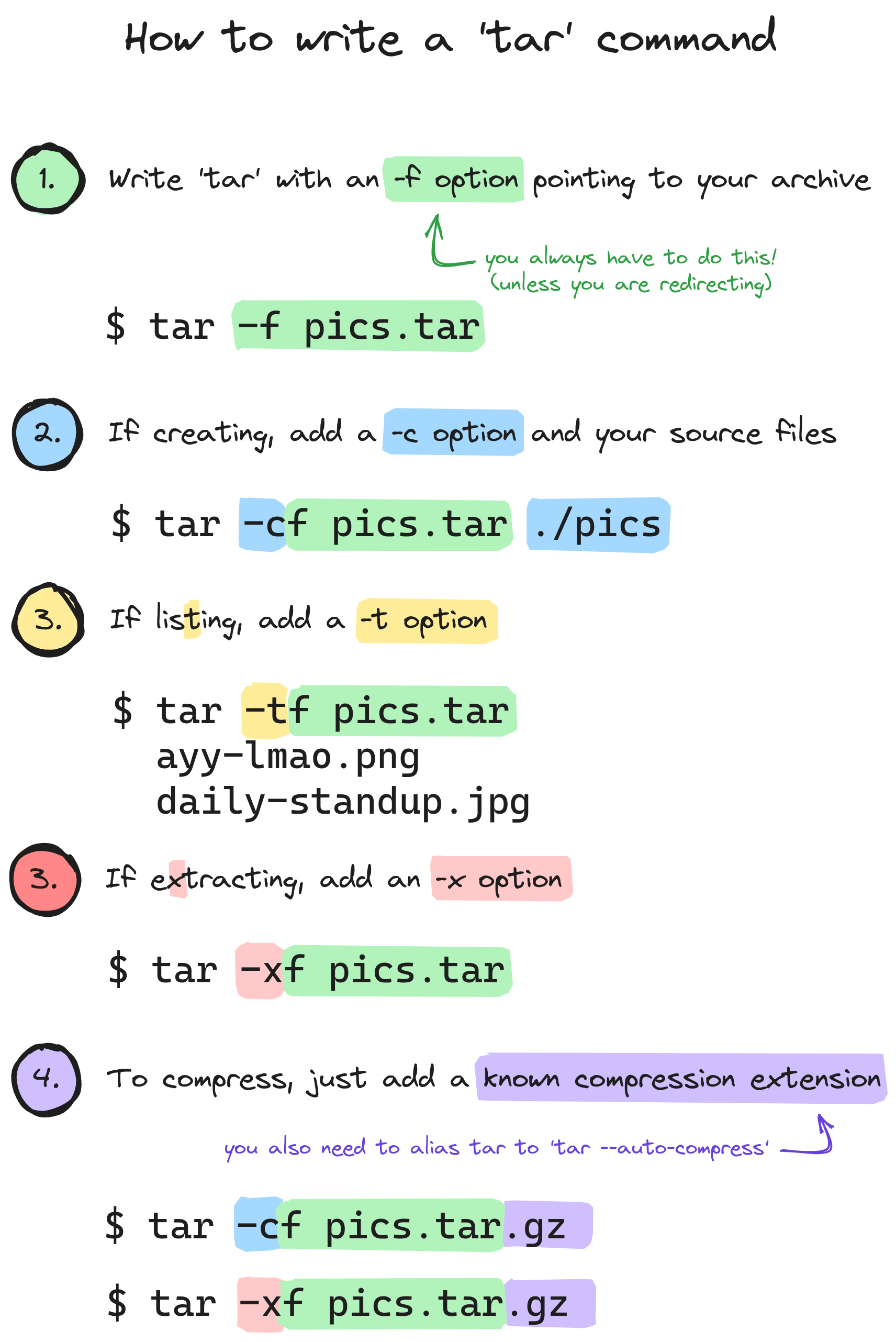this post was submitted on 18 Sep 2023
840 points (98.1% liked)
Linux
48315 readers
700 users here now
From Wikipedia, the free encyclopedia
Linux is a family of open source Unix-like operating systems based on the Linux kernel, an operating system kernel first released on September 17, 1991 by Linus Torvalds. Linux is typically packaged in a Linux distribution (or distro for short).
Distributions include the Linux kernel and supporting system software and libraries, many of which are provided by the GNU Project. Many Linux distributions use the word "Linux" in their name, but the Free Software Foundation uses the name GNU/Linux to emphasize the importance of GNU software, causing some controversy.
Rules
- Posts must be relevant to operating systems running the Linux kernel. GNU/Linux or otherwise.
- No misinformation
- No NSFW content
- No hate speech, bigotry, etc
Related Communities
Community icon by Alpár-Etele Méder, licensed under CC BY 3.0
founded 5 years ago
MODERATORS
you are viewing a single comment's thread
view the rest of the comments
view the rest of the comments

So a serious question from someone who can't remember console commands ever despite using them constantly.
Why are so many linux CLI commands set up with defaults that no one ever uses? Like if you pretty much always need
-f,-vis often used, and--auto-compressis needed to recognize type by extension. Why aren't those the defaults to just usingtar?A lot of applications I find are like this too, they don't come with defaults that work or that anyone would ever use.
One reason to keep in mind is backwards compatibility and the expectancy that every Linux system has the same basic tools that work the same.
Imagine you have a script running on your server that uses a command with or without specific arguments. If the command (say
tar) changes its default parameters this could lead to a lot of nasty side effects from crashes to lost or mangled data. Besides the headache of debugging that, even if you knew about the change beforehand it's still a lot effort to track down every piece of code that makes use of that command and rewrite it.That's why programs and interfaces usually add new options over time but are mostly hesitant to remove old ones. And if they do they'll usually warn the others beforehand that a feature will deprecate while allowing for a transitional period.
One way to solve this conundrum is to simply introduce new commands that offer new features and a more streamlined approach that can replace the older ones in time. Yet a distribution can still ship the older ones alongside the newer ones just in case they are needed.
Looking at pagers (programs that break up long streams of text into multiple pages that you can read one at a time) as a simple example you'll find that
moreis an older pager program while the newerlessoffers an even better experience ("less is more", ¿get the joke?). Both come pre-installed as core tools on many distributions. Finally an even more modern alternative ismost, another pager with even better functionality, but you'll need to install that one yourself.That makes sense!